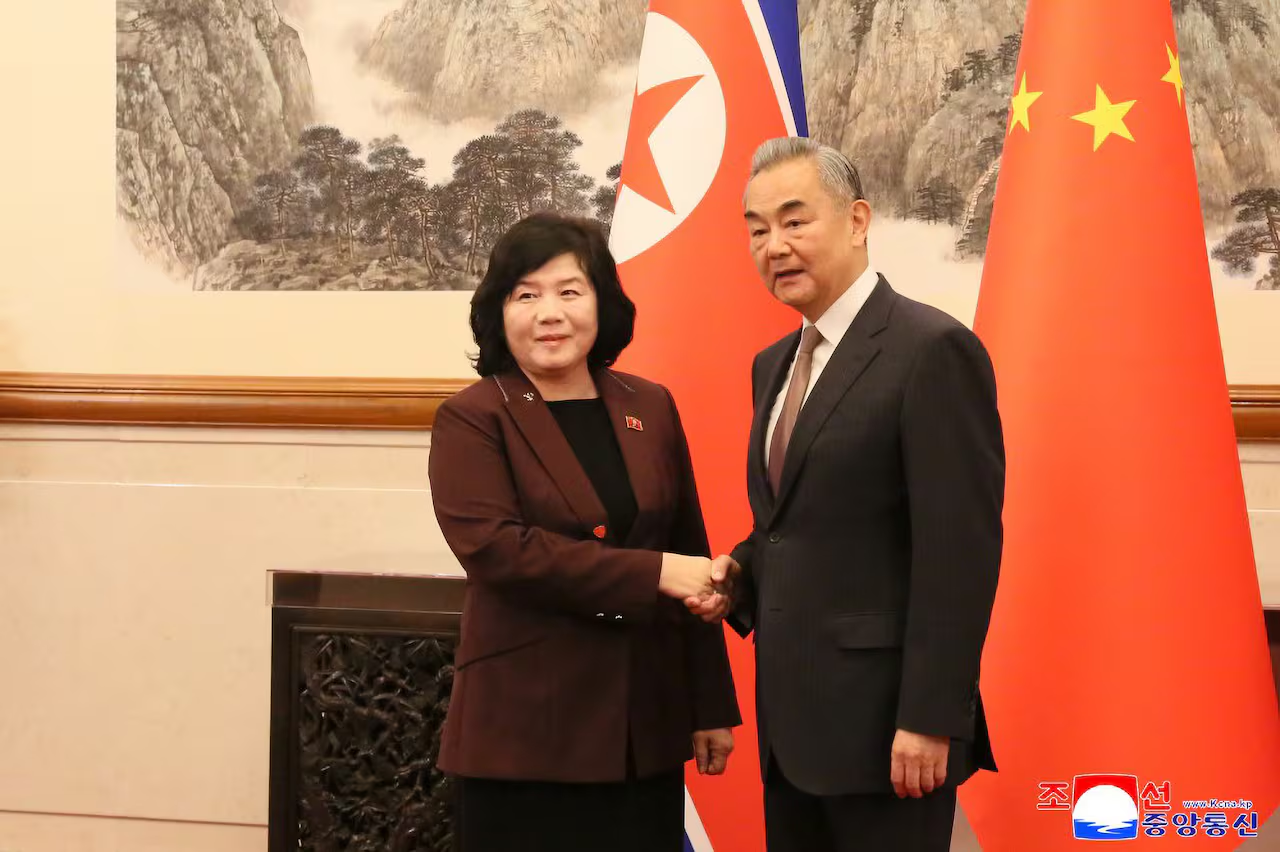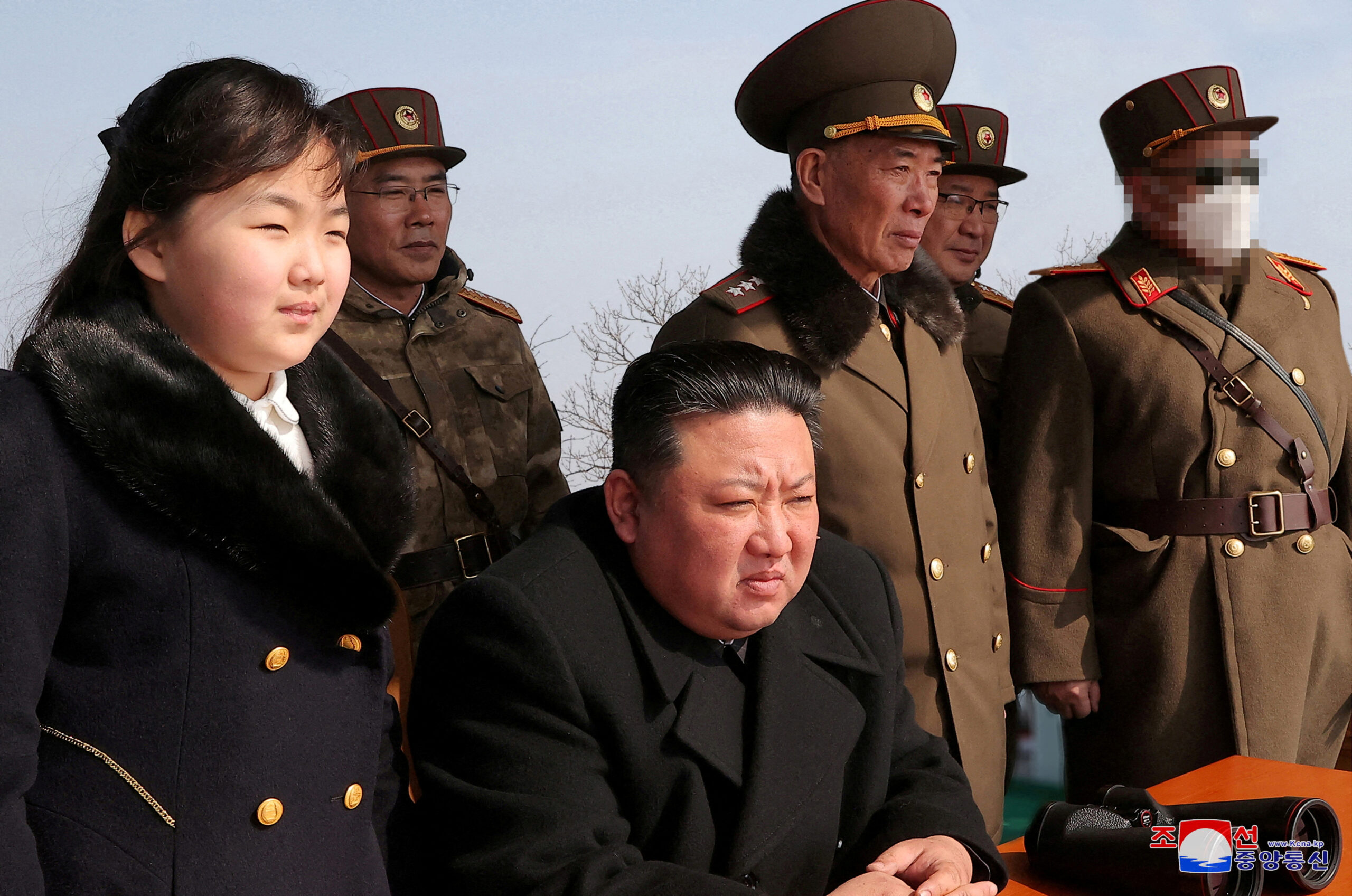Already a subscriber? Make sure to log into your account before viewing this content. You can access your account by hitting the “login” button on the top right corner. Still unable to see the content after signing in? Make sure your card on file is up-to-date.
China and Russia have held separate meetings with North Korea, vowing to strengthen strategic ties and support resisting Western “influence.”
The meeting between North Korea and Russia: During a meeting in Moscow, Russian Defense Minister Andrei Belousov and North Korean Defense Minister No Kwang-chol reaffirmed their countries’ expanding military partnership. The meeting took place during a ceremony at the “Alley of Allies,” where the two ministers attended a memorial honoring Koreans who fought alongside Soviet forces during World War II. Belousov described the monument as a symbol of the “unbreakable brotherhood” between the Russian and North Korean peoples, forged through shared struggle and “years of harsh trials.”

No Kwang-chol used the occasion to voice strong support for Russia’s actions on the global stage, stating, “We will fully support the struggle of the Russian government, army and people, who, under the leadership of the country’s President, Comrade Putin, are firmly defending the right to sovereignty, territorial integrity and the interests of the country.” He also emphasized that under the “strategic leadership” of Kim Jong-un and Putin, North Korea–Russia relations are developing into “comprehensive and future-oriented cooperation.”
The meeting between North Korea and China: During a meeting in Beijing, North Korean Foreign Minister Choe Son Hui and Chinese Foreign Minister Wang Yi reaffirmed their countries’ shared opposition to what they described as “hegemonism” and “unilateralism” in international affairs. Wang Yi emphasized China’s willingness to strengthen coordination with North Korea on both regional and global issues, stating that Beijing is prepared to “protect our shared interests and international fairness and justice.”

Choe Son Hui echoed these sentiments, noting that North Korea was committed to China’s geopolitical vision. She described China’s “community with a shared future for mankind” and its Global Governance Initiative as meaningful frameworks for promoting a “multipolar” world order. She also conveyed Kim Jong-un’s position that the “bonds of friendship” between Pyongyang and Beijing “cannot be altered,” and must evolve “in line with the demands of the times.”







